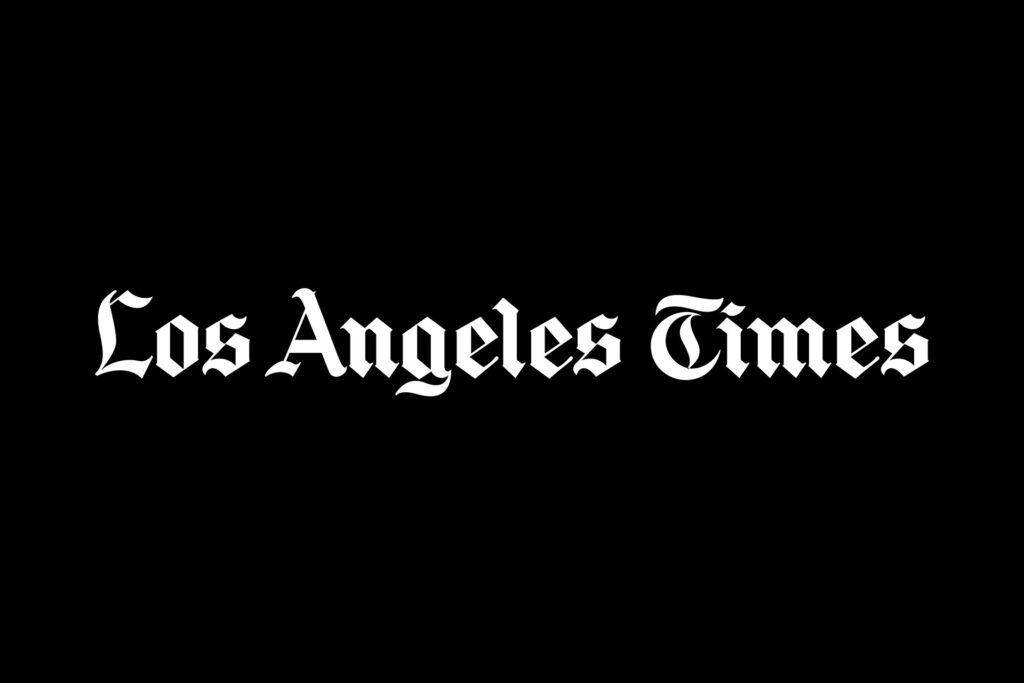Hollywood’s cautious journey into AI filmmaking signals an industry in transformation. While tech giants like OpenAI seek access to film and series footage to enhance their AI models, substantial partnerships are not being made due to intellectual property concerns.
Dan Neely, co-founder and CEO of Vermillio, observes, “Savvy, forward-looking executives at companies that own the world’s most valuable IP are thinking about the long-term value of what they control, but without an existing pricing standard, this is an existential moment that major IP holders must get right.”
A notable collaboration between AI startup Runway and Lionsgate aims to improve production processes, like storyboarding, without replicating actor likenesses. Despite this, skepticism persists, fueled by fears of job loss and copyright issues.
With post-COVID-19 box office revenues in decline, studios are eager to cut costs using AI tools. Warner Bros. Discovery and others are exploring AI for production efficiencies, while Meta partners with Blumhouse to experiment with AI-generated content.
However, the lack of standardization, legal hurdles, and inadequate IP protection hinder the broader adoption of AI by Hollywood studios.
For a deeper understanding of AI’s impact on Hollywood’s future, read the full article at latimes.com.
